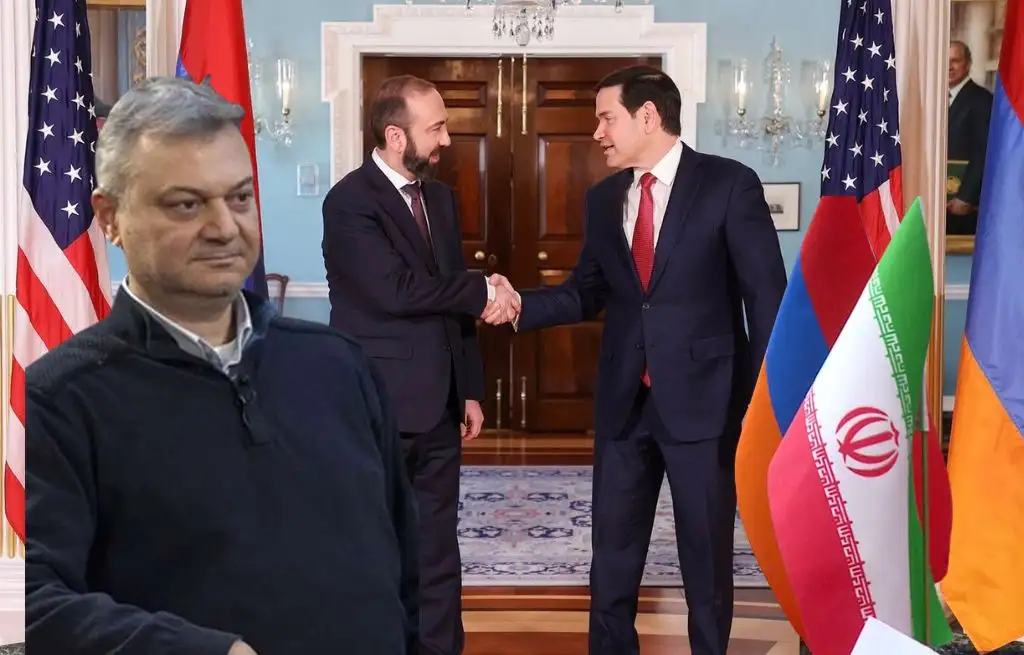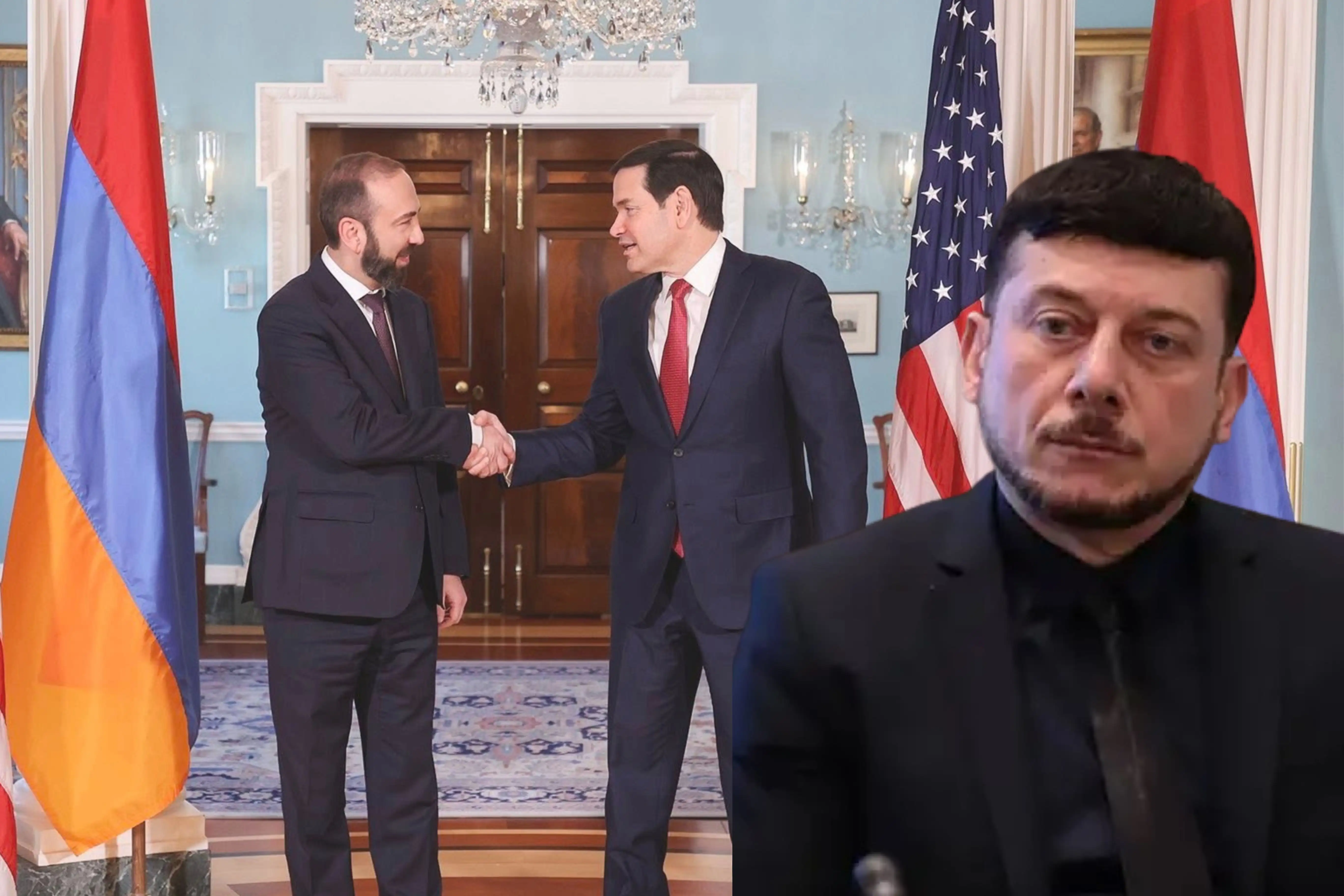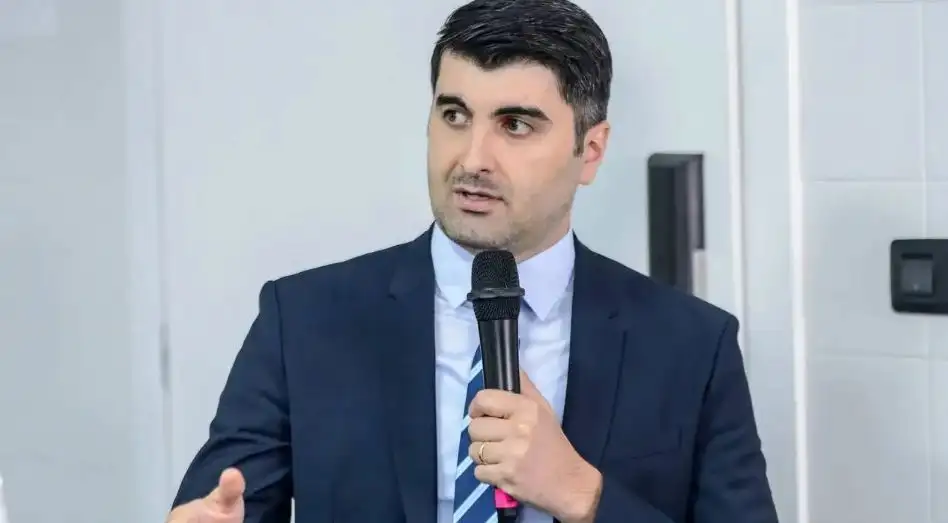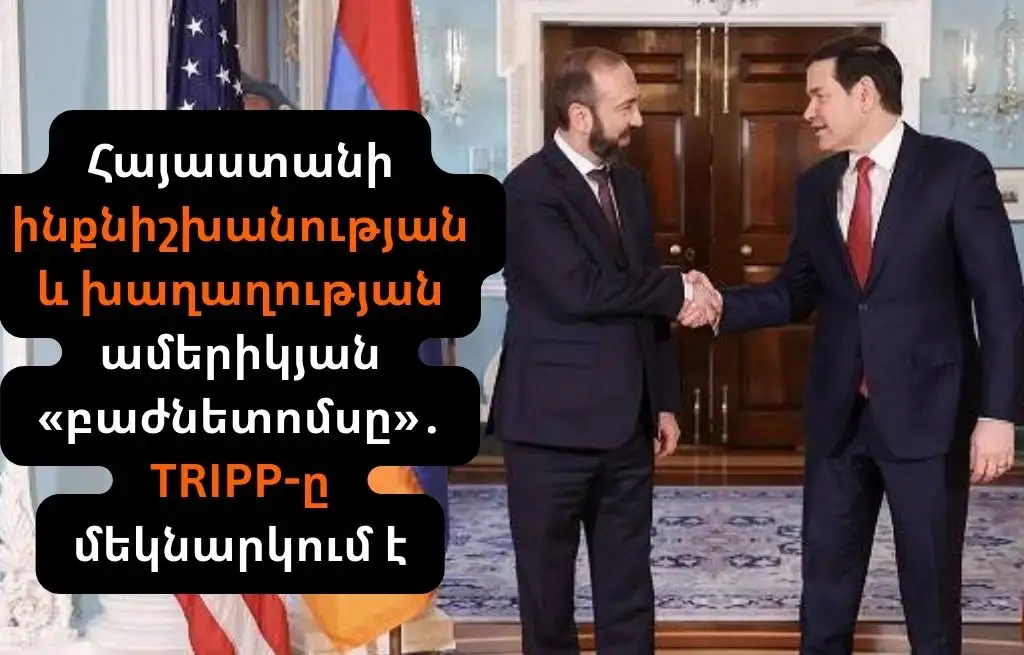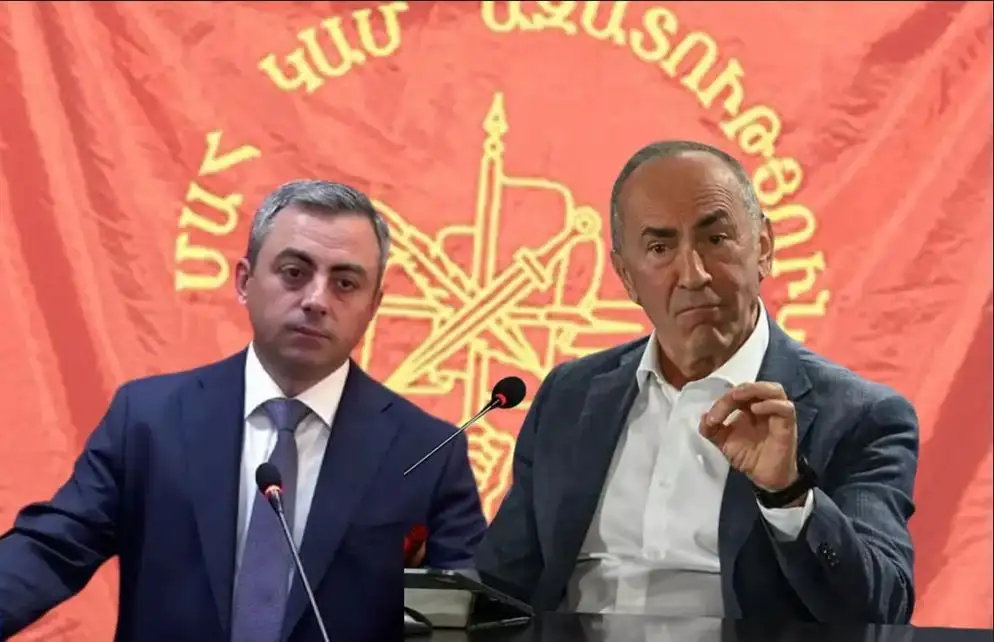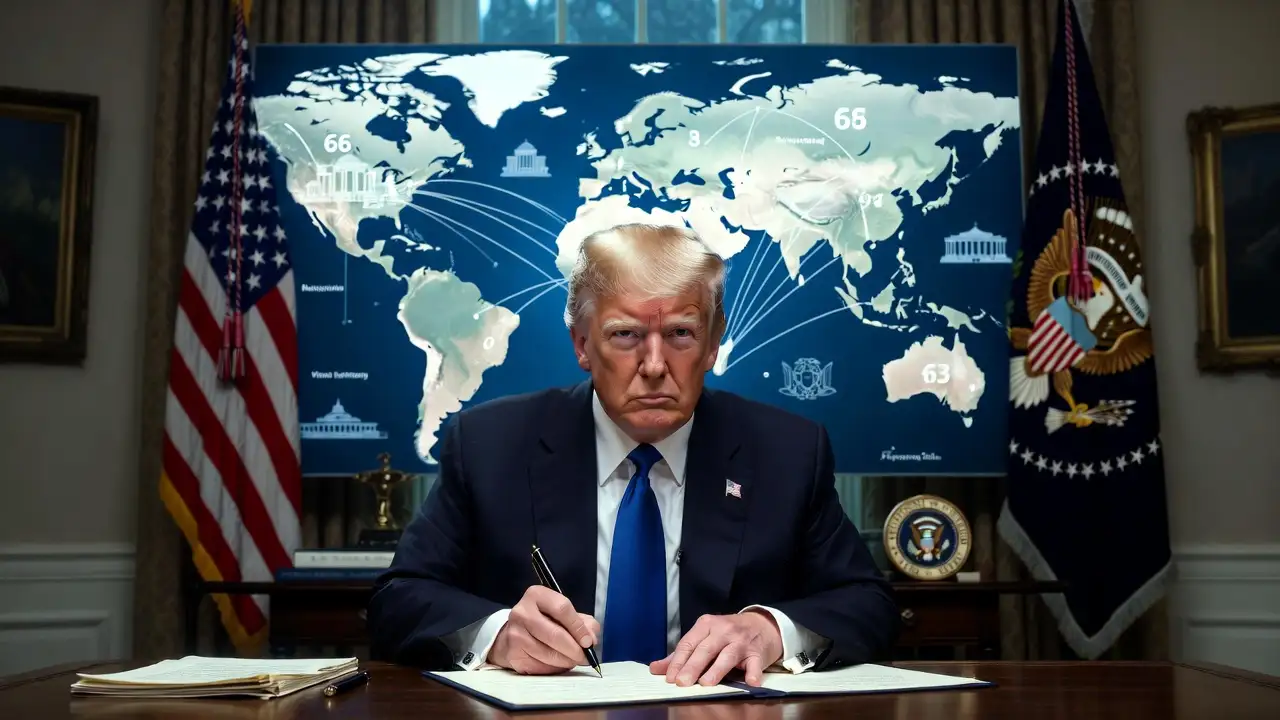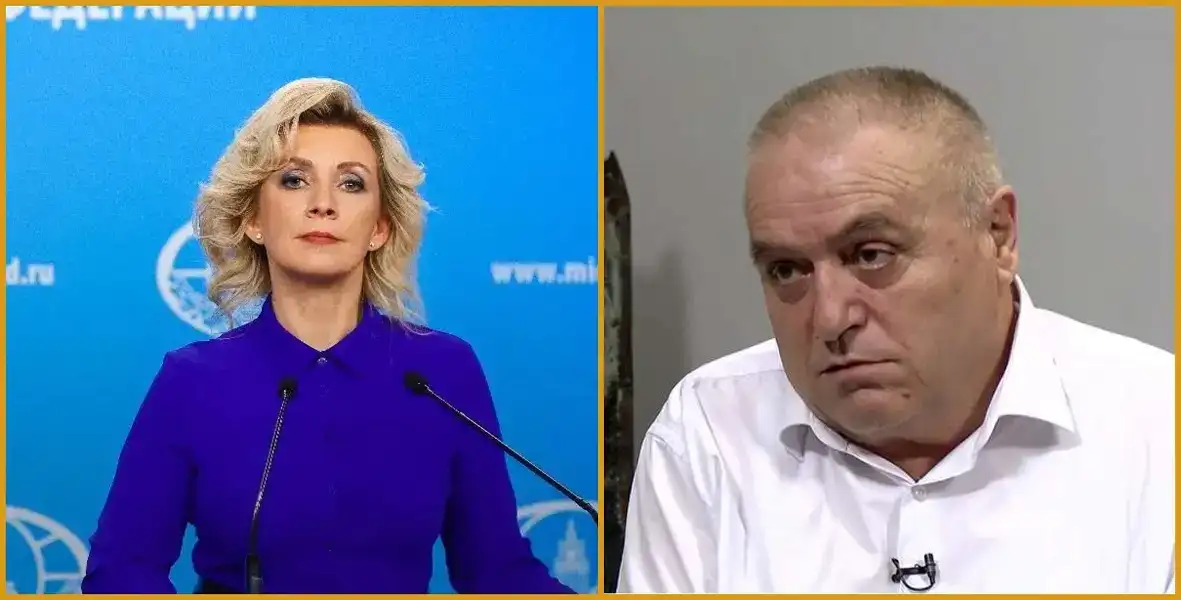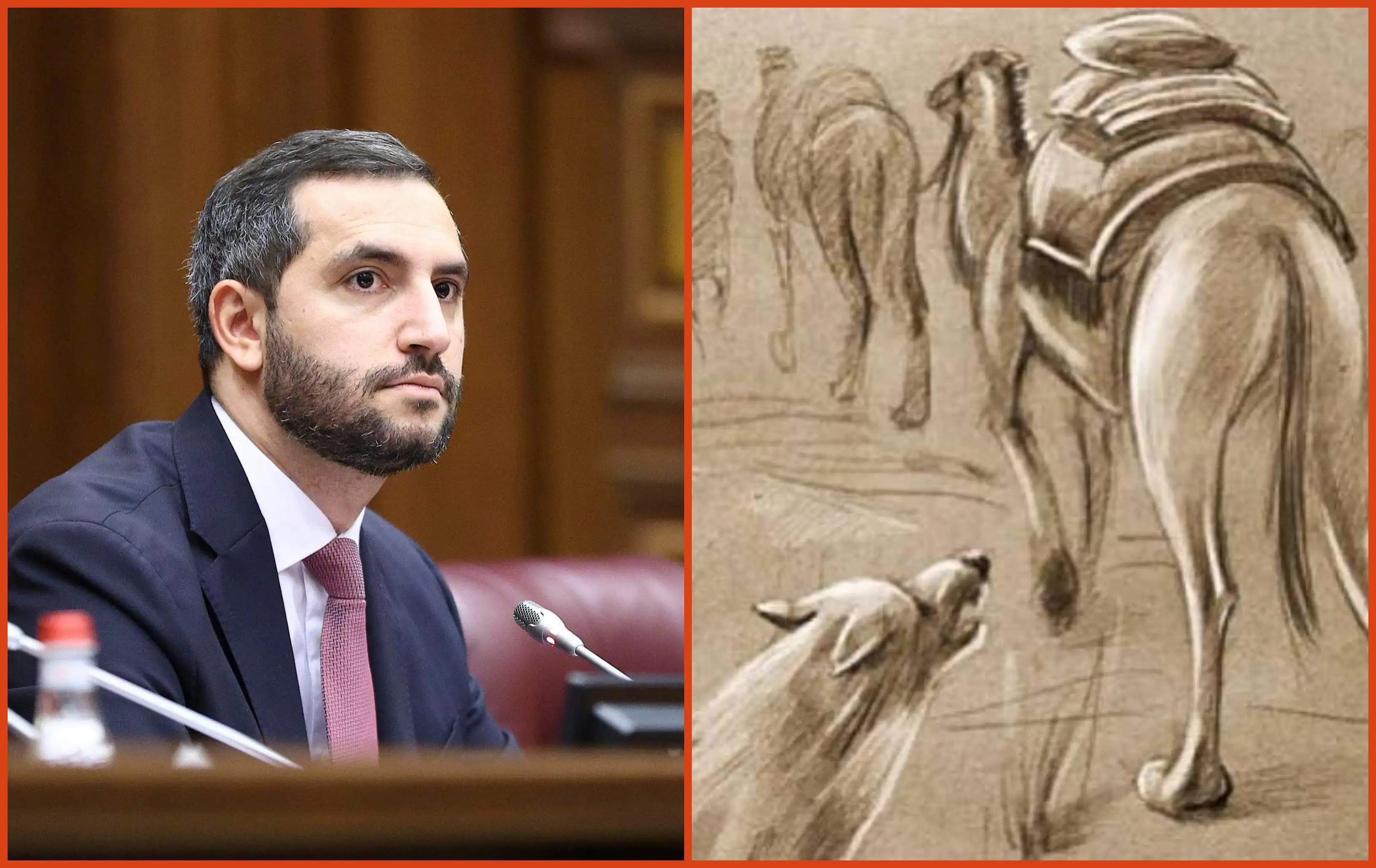Radar Armenia's interlocutor is Vahram Atanesyan, a former member of the Central Committee of Armenia and Nagorno-Karabakh National Assembly.
- How do you interpret the visit of representatives of the United States to Armenia during the last week? In this way, what messages does the USA convey, especially in the background of the Blinken-Mirzoyan-Bayramov meeting?
- The adoption of a resolution imposing sanctions on high-ranking Azerbaijani officials can be an indicator of the United States' foreign policy. The project has been circulating for several months but has not been processed.
- The United States Ambassador to Armenia also visited the Armenian-Azerbaijani border last week. Is the US trying to show Azerbaijan with such steps that peace with Armenia has no alternative? In your opinion, why is Azerbaijan delaying and not signing the peace agreement? Is the delay related to the upcoming elections in the United States?
- No. The reason is the superiority of Baku. Aliyev is guided by the principle of "reconciliation on the terms of the winner," and this will not change.
- Does the change of leader in the United States imply severe changes in the country's foreign policy?
- I cannot judge the principles of US foreign policy. In general, speculation in such matters is a thankless occupation. I can only say that whatever administration rules in Washington, the United States will not cede its status as the number one superpower.
Hayk Magoyan









